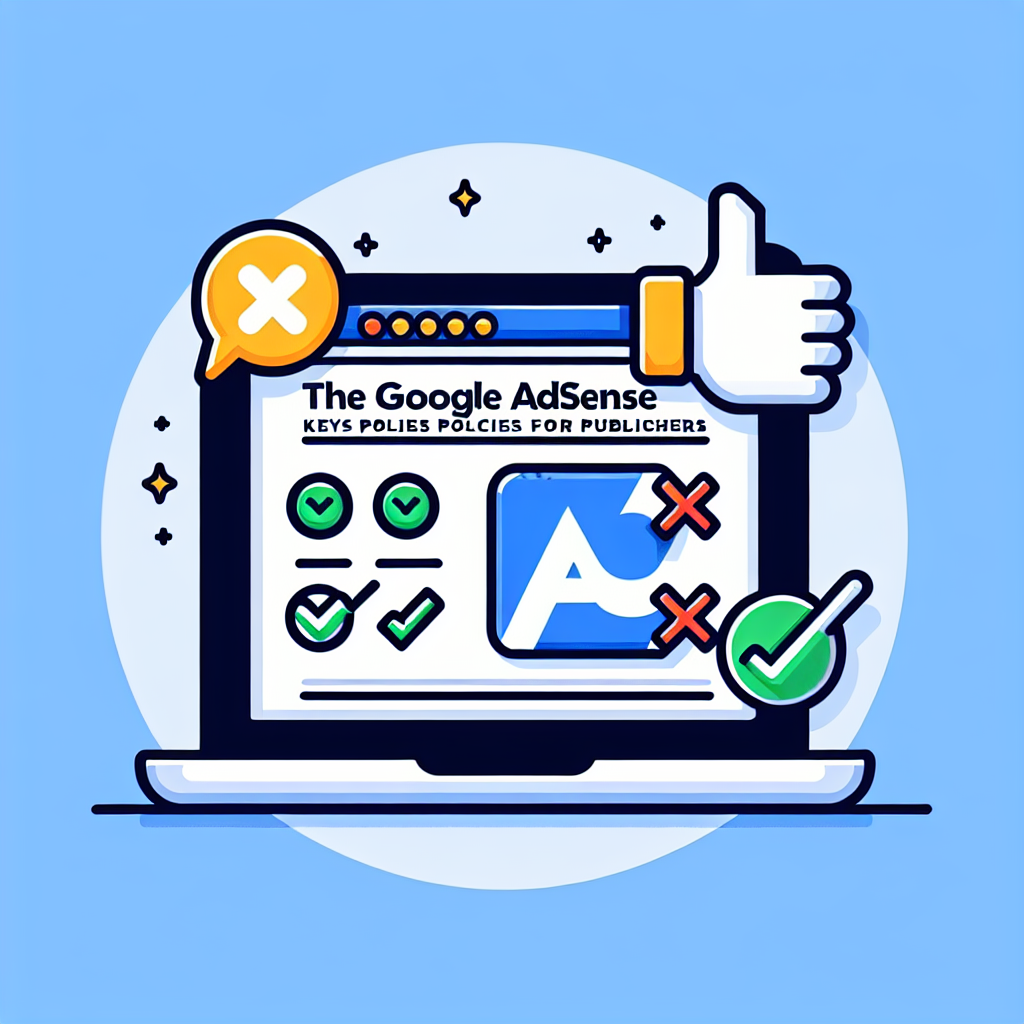The Do’s and Don’ts of Search Engine Submission in Today’s Digital Landscape
In the constantly evolving sphere of digital marketing, search engine submission remains a fundamental step for promoting your website. However, as search engine algorithms have become more sophisticated, the practices surrounding website submission have also changed. Understanding the do’s and don’ts in today’s digital landscape is crucial for enhancing your site’s visibility and search engine ranking.
The Do’s of Search Engine Submission
-
Do Enhance Your Website’s SEO: Before submitting your site, ensure it’s fully optimized for search engines. This includes having quality content, responsive design, fast loading times, and proper keyword usage.
-
Do Create a Sitemap: A sitemap is critical for search engines to crawl and index your website efficiently. Submitting your sitemap to search engine webmaster tools is a proactive step in ensuring your site is noticeable.
-
Do Focus on Quality Backlinks: Building a healthy backlink profile from reputable sites can enhance your credibility and improve your site’s ranking. This off-page SEO strategy is crucial for search engine visibility.
-
Do Regularly Update Your Content: Fresh and relevant content is key to attracting both new and returning visitors. It also signals search engines that your site is active, increasing its chances of higher ranking.
- Do Use Social Media to Your Advantage: Sharing your content on social media platforms can drive more traffic to your site. This indirect search engine submission strategy can significantly increase your site’s visibility.
The Don’ts of Search Engine Submission
-
Don’t Use Black-Hat SEO Techniques: Avoid using deceptive or manipulative tactics, like keyword stuffing and cloaking. These can lead to your site being penalized or banned by search engines.
-
Don’t Rely Solely on Automated Submission Services: While they may seem convenient, these services can often submit your site to irrelevant or low-quality directories, which might hurt your ranking.
-
Don’t Neglect Analytics: Ignoring the data from your website’s analytics is a missed opportunity for optimization. Understanding user behavior and traffic sources can guide your SEO and content strategy.
-
Don’t Spam Your Website: Submitting your site too frequently to search engines can be seen as spamming and might negatively impact your site’s reputation and ranking.
- Don’t Forget Mobile Optimization: With mobile searches continuing to rise, ensuring your website is mobile-friendly is non-negotiable for effective search engine ranking and user experience.
Benefits of Using WebsiteURL.org for Search Engine Submission
Choosing the right platforms and tools for search engine submission can pave the way for your digital success. Here’s where services like WebsiteURL.org come into the picture, offering significant benefits:
- Comprehensive SEO Tools: WebsiteURL.org provides a suite of SEO tools that can help in the optimization of your website before submission, ensuring it meets the latest search engine standards.
- Increased Visibility: By facilitating proper search engine submission, WebsiteURL.org can help increase your website’s visibility, attracting more organic traffic to your site.
- Time-saving: Automation of certain SEO and submission processes can save time, allowing you to focus on content creation and other strategies.
- Analytics and Reports: Insightful analytics and reports can help you understand your website’s performance and identify areas for improvement.
- User-friendly Interface: Its ease-of-use encourages regular engagement with SEO best practices, making it suitable for both beginners and experienced webmasters.
In conclusion, adhering to the recommended do’s and avoiding the don’ts of search engine submission is crucial in the current digital marketing landscape. Moreover, leveraging platforms like WebsiteURL.org can further streamline this process, offering notable advantages in amplifying your online presence.







